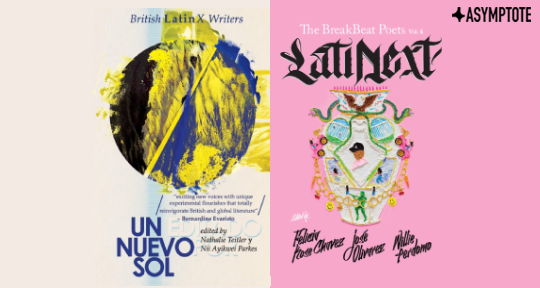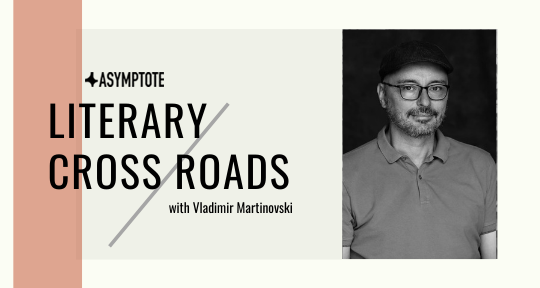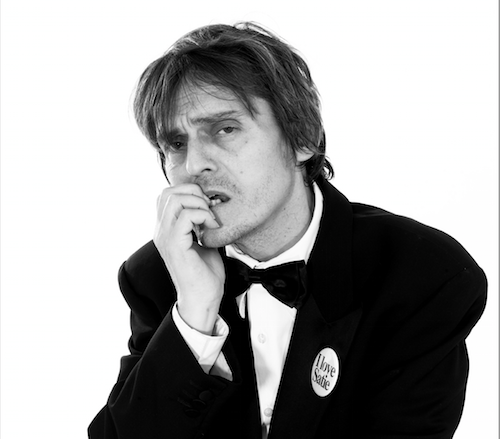A world of news in this week’s roundup! From Ireland, discover the ambitious and innovative work of Macha Press, a collective pursuing a literature that is “international and intergenerational”; from Hong Kong and China, the fifteenth edition of the renowned International Poetry Nights in Hong Kong highlights the topic of translation; and from the Asymptote team as a whole, catch up on Han Kang, this year’s Nobel laureate in Literature.
The Asymptote Team, Reporting from our Fortnightly Airmail
And the winner of the Nobel is . . . Han Kang! After Annie Ernaux, the latest female winner in 2022, Han Kang is the eighteenth woman—and the first from South Korea—to be awarded the Nobel Prize in Literature. The Nobel committee’s citation commends her “for her intense poetic prose that confronts historical traumas and exposes the fragility of human life”. Her works confront acutely difficult subjects with a rare fearlessness and sensitivity, whether it be the personal, as in the Booker International Prize-winning The Vegetarian—a feminist classic of modern Korean literature that offers a powerful rebuke to a world that too often silences women—or the historical in Human Acts, where she depicts the Gwangju student massacre of 1980. In an exclusive essay for our Winter 2016 issue, her longtime English translator Deborah Smith describes the impenetrable potency of her style in this book: “Whenever I translate her work, I find myself arrested by razor-sharp images which arise from the text without being directly described there . . . the images themselves are so powerfully evoked by the Korean that I sometimes find myself searching the original text in vain, convinced that they were in there somewhere, as vividly explicit as they are in my head.”
After checking out our coverage of her latest novel in English translation, Greek Lessons, dive into more Korean Literature in the two Special Features we organized in partnership with LTI Korea, available for free in our Spring 2018 and the Winter 2023 editions.
MARGENTO, Editor-at-Large, Reporting from Ireland
One of the most significant events in recent Irish letters was the establishment of Macha Press in August and the subsequent announcement regarding its first two book launches, the debut already scheduled for October 17. Macha Press is a collective endeavour recently founded by seven poets with wide-ranging practices and experience: Siobhan Campbell, Ruth Carr, Natasha Cuddington, Shannon Kuta Kelly, Kathleen McCracken, Alanna Offield, and Lorna Shaughnessy. As stated in their first newsletter; “all founders are currently based on the island of Ireland and share a vision for the press that is international and intergenerational.” According to Lorna Shaughnessy, one of the founders, a poet-translator (featured in Asymptote Spring 2020), and a personal friend of mine, the aim of the press has always been to produce two books of poetry a year, one by an established or historical poet whose work the editors feel merits recovery, and one by an emerging poet.





